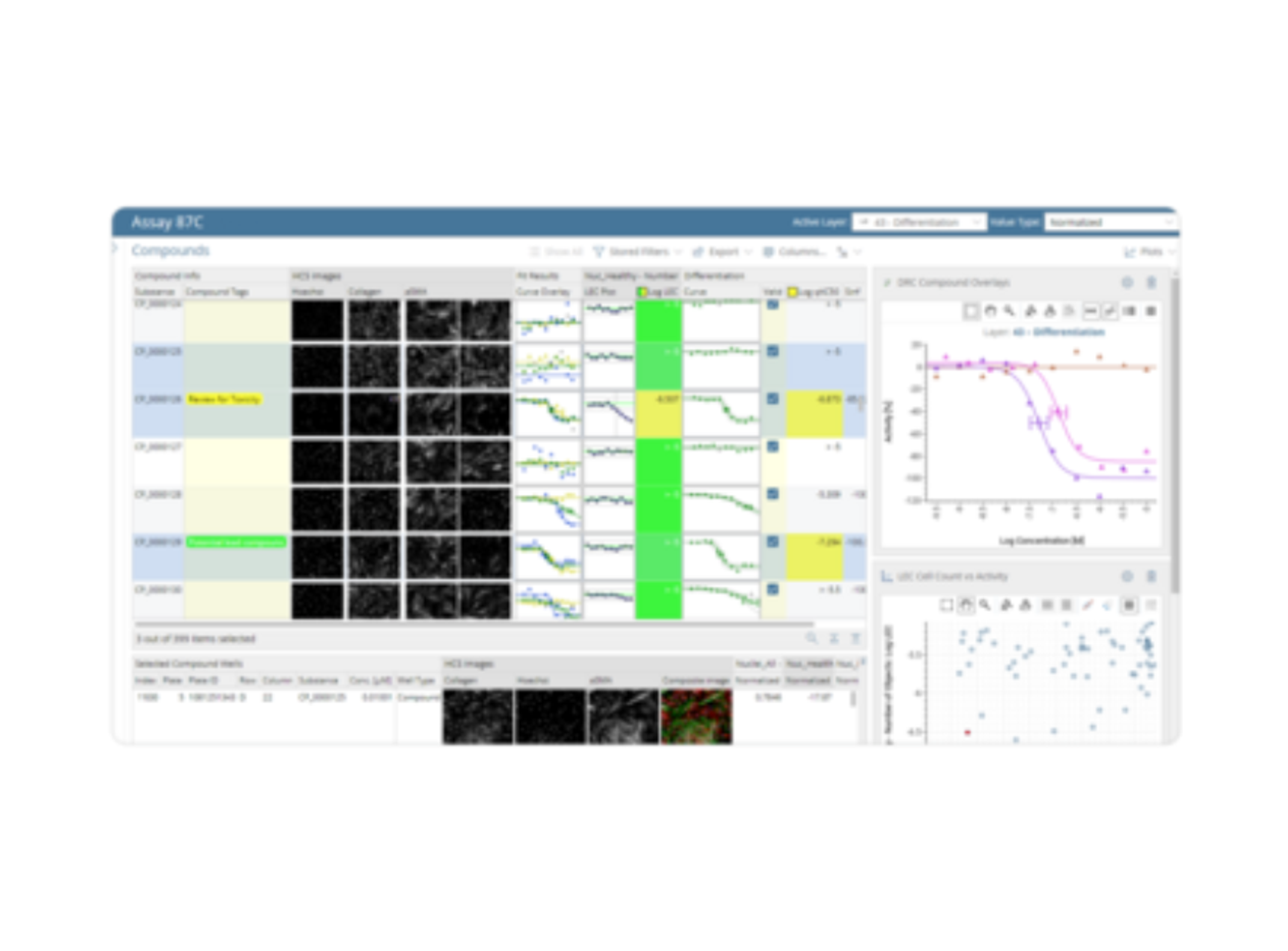Genedata Announces Collaboration with AstraZeneca on the Analysis of Compound Combination Experiments
5 Dec 2013
Genedata, a leading provider of advanced software solutions for drug discovery and life science research, today announced its successful collaboration with AstraZeneca on data analysis for compound combination experiments. Drug combination studies, which are increasingly used in pre-clinical research, produce large volumes of data with upwards to 200 combinations per experiment. Genedata Screener, which has been proven to work as an easy and efficient platform for analyzing compound screening, has been advanced through the AstraZeneca collaboration as Genedata Screener now automates and standardizes the analysis of compound combination experiments.
"With Genedata, we are able to extract the highest value possible from our compound combination experiments," noted Dr. Eric Tang, associate principle scientist at AstraZeneca. "Typically, compound combination experiments compare 50 or more compounds across a number of cell lines in a single study, resulting in the analysis of hundreds of 384/1536 well plates. Genedata Screener can handle these large data sets and enable us to generate and compare results for the same compound combinations in different cell lines, and review alternative analysis for the same data sets. Moreover, Screener helps standardize data analysis giving us more quality time to conduct detailed analysis," continued Dr. Tang.
From Raw Data to Synergy Scores in Minutes
Combination therapies - the simultaneous use of a variety of drugs to treat a range of diseases from infections to cancer - have gained importance as a cure. And, compound combination experiments are a resurging trend in lead optimization and target validation. Data sets from these experiments tend to be large, as the number of measurements scales exponentially with the number of compounds to be compared. Genedata Screener effectively addresses the data analysis challenges of these large data sets by enabling researchers to:
* Go from raw data to results in less than 30 minutes, also for large studies
* Eliminate time-consuming manual data processing
* Interactively inspect raw data and check the quality of normalized values
* Review in-depth intermediate and final results using combination-specific displays such as concentration matrices and isobolograms
* Automatically fit both mono-therapeutic and combination dose-response curves for quick and robust results
* Display, quantify and compare measured and expected combination effects for different interaction models such as Loewe, Highest Single Agent, or Bliss
* Access all processing steps throughout the workflow
"We see a huge demand for software that efficiently analyzes compound combination experiments in novel drug discovery," said Dr. Othmar Pfannes, CEO of Genedata. "Our successful collaboration with AstraZeneca, a leader in combination therapies, helps us to further advance Genedata Screener as the platform of choice for the efficient analysis of compound combination experiments."

